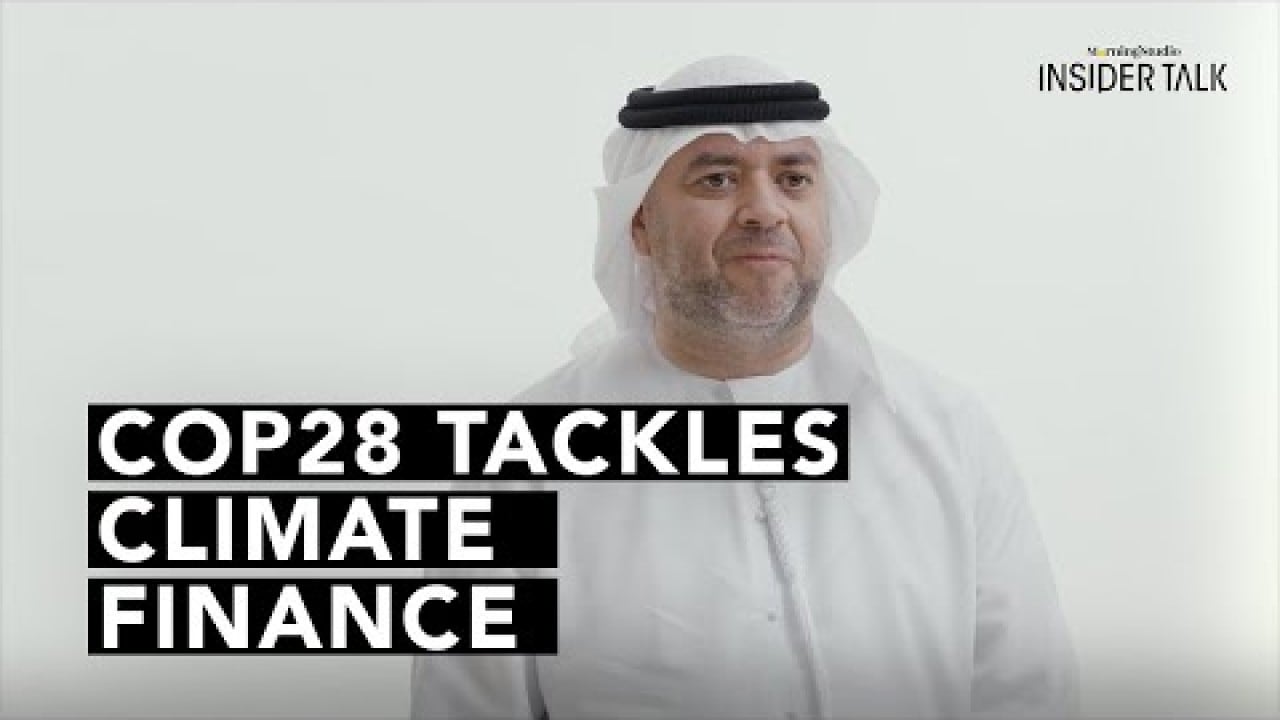Spurred by pleas by low-lying island nations that fear for their very existence, the conference in the glitzy metropolis built by petrodollars is considering the first-ever call to exit oil, gas and coal, the main culprit in the planet’s climate crisis.
Governments must act decisively on the climate or we’re all doomed to boil
Governments must act decisively on the climate or we’re all doomed to boil
Without naming countries, Simon Stiell, the head of the UN climate body, called on all sides to remove “unnecessary tactical blockades” holding up a deal.
Guterres called on negotiators to have a “single-minded focus on tackling the cause of the climate crisis – fossil fuel production and consumption”.
Offering a way to compromise, Guterres said that the call for action “doesn’t mean that all countries must phase out fossil fuels at the same time”.
Can Cop28’s plan to triple renewable energy finally edge out fossil fuels?
Can Cop28’s plan to triple renewable energy finally edge out fossil fuels?
The annual Conference of the Parties, or COP, has rarely finished on schedule in its 28-year history, but Cop28 president Sultan Al Jaber has called on countries to wrap up on time on Tuesday and seeks to offer a new draft on Monday.
“Let’s be patient. In a COP, every minute counts” at the end, said Manuel Pulgar-Vidal, a former Peruvian minister now with the WWF conservation group.
But he said the phase-out call was critical now as nations, under the Paris accord, need to report plans to cut emissions by 2025 – and will see whether to factor in an end to fossil fuels.
“If the outcome is weak, we will lose seven years,” he said, referring to the next deadline to submit national plans, with scientists saying the current decade is vital to getting the planet on track.
Stiell said that the summit disagreements had narrowed down to two issues – fossil fuels and speeding up climate finance by the wealthy nations to worst-hit developing countries.
The pressure is now on Jaber – whose role as the head of the UAE national oil company has caused angst among climate campaigners – to make the final edits to a deal that would bring a consensus.
Jaber has repeatedly promised to deliver a historic deal and has said that winding down fossil fuels is “inevitable”.

Saudi Arabia has called for Cop28 to take into account its “perspectives and concerns” and fellow Opec member Iraq has also publicly rejected an exit from fossil fuels.
The last draft agreement released on Friday includes four different paths out of fossil fuels, but it also has a fifth option: leaving the issue out of the final deal.
China, the world’s biggest emitter, was also initially seen as hostile to a phase-out but has since been working to find a compromise.
China and the United States, the largest historic emitter, last month in pre-Cop28 talks in California agreed to speed up the deployment of renewable energy to gradually replace oil, gas and coal.
Asia must reduce oil dependency – but how to fund clean energy transition?
Asia must reduce oil dependency – but how to fund clean energy transition?
Friday’s draft deal includes similar language on the need to triple renewable energy capacity by 2030 to “displace fossil fuel-based energy”.
The United States, whose climate envoy John Kerry was celebrating his 80th birthday on Monday during the Dubai negotiations, has surprised some observers by also throwing its weight behind a phase-out.
But the United States also is the world’s largest oil producer, and the rival Republican Party includes staunch opponents of curbing fossil fuels.


